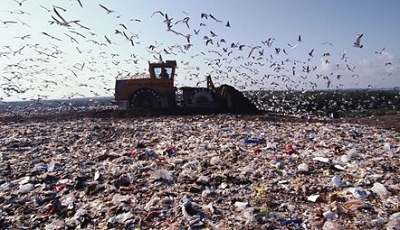UK Do Not Wear 73% Of Their Clothes And Waste 15% Of The Food They Buy

Relocation experts Movinga have released a study revealing the collective delusion we face as a society when it comes to hoarding and waste. Formed as part of a larger study on relocation trends to be released later this year, Movinga conducted a poll among 18,000 heads of households in 20 countries comparing individual’s perception on how much they own versus how much they actually use, to reveal the level of cognitive dissonance we live in. The results reveal that individuals are unable to perceive their own part in the global issues we face in terms of over-consumption and waste generation. Movinga hopes that this study can raise consciousness and spark a discussion on how we as individuals can do our part to help reduce wastage.
“At Movinga, we are personally invested in ways to make the moving process more effective and less stressful for our customers, however we are becoming increasingly aware of our responsibility towards the world we live in”, says Finn Age Hänsel, Managing Director at Movinga. “With the oceans becoming ever more polluted with plastic, and the fast fashion industry bigger than ever, it’s time to start encouraging individuals to reconsider whether they really need more stuff.”
Methodology: We first polled 18,000 heads of households in 20 countries with the following questions: What percentage of your wardrobe hasn’t been worn in the last 12 months?; What percentage of your grocery shopping ends up as waste?; Since your most recent move, what percentage of your transferred belongings are still not in use? We then collated the responses with data from the World Bank and other academic studies on the topic.
The study revealed that UK comes in place 17 with an average delusion of 23.33%, an average delusion of 39% for clothes that people think they wore during a year, an average delusion of 10% for food waste, and 21% for relocation. Overall, Russia was the country with the lowest level of delusion with 3.33% and Switzerland had the highest with 26.33%.

The full study allows the responses to be filtered based on these categories for a more in-depth exploration of the findings. You can find the original tables on Movinga’s website : https://www.movinga.de/en/wasteful-world-delusion-reality




